Costa Rica Rehab: Affordable Addiction Care
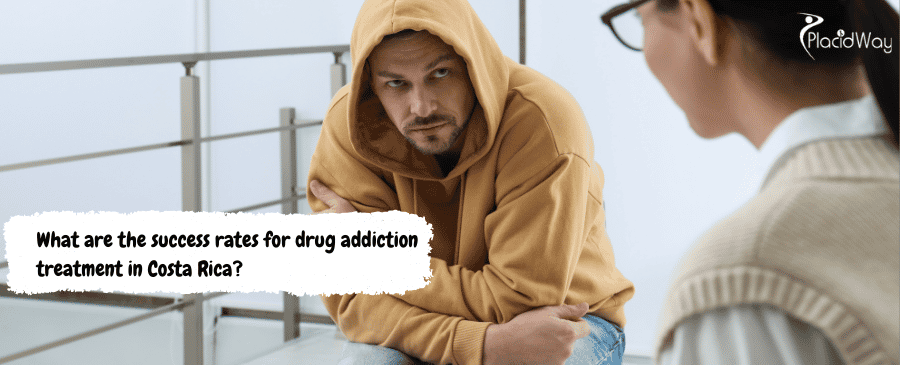
Drug addiction treatment is a complex and highly personal journey, with success defined differently for each individual. Costa Rica has emerged as a significant destination for addiction recovery, offering a unique blend of evidence-based therapies and holistic practices in a serene, natural environment. This blog post will delve into what makes drug addiction treatment in Costa Rica effective, addressing common questions about its success rates, methodologies, and what potential clients can expect. We aim to provide clear, concise answers to help you understand if Costa Rica is the right choice for your recovery journey.
What are the general success rates for drug addiction treatment?
"Globally, research indicates that 40-60% of individuals who complete a drug or alcohol treatment program remain drug-free or significantly reduce their substance use, though individual definitions of success and long-term sobriety vary."
Addiction is a chronic, relapsing disease, similar to other chronic conditions like asthma or diabetes. Just as these conditions require ongoing management, so does addiction. Therefore, "success" in drug addiction treatment isn't always a one-time event of immediate and permanent sobriety. Instead, it often encompasses a significant reduction in substance use, improved overall health, better relationships, and increased participation in society. Many studies, primarily from North America and Europe, suggest that traditional treatment programs see around 40-60% of participants maintaining sobriety or a substantial reduction in use after a year. Factors like treatment duration, aftercare support, and individual commitment play a crucial role in these outcomes.
How do Costa Rica's addiction treatment success rates compare to international averages?
"While precise comparative statistics are limited, many addiction treatment centers in Costa Rica report success rates that are often higher than the global average, primarily attributed to their comprehensive, long-term, and holistic treatment models, which often include extended stays and integrated aftercare."
Many drug rehab facilities in Costa Rica emphasize longer treatment durations, often ranging from 60 to 120 days, which is a significant factor in higher success rates. Studies consistently show that longer engagement in treatment leads to better outcomes. Additionally, the unique environment of Costa Rica, with its focus on nature, tranquility, and a slower pace of life, contributes to a less stressful and more conducive healing process. Centers often integrate natural therapies like yoga, meditation, and outdoor activities, complementing traditional evidence-based therapies like Cognitive Behavioral Therapy (CBT) and Dialectical Behavior Therapy (DBT). Some centers even report that a substantial majority of their clients experience long-term recovery and improved quality of life.
What factors contribute to the reported high success rates in Costa Rica?
"The higher reported success rates for drug addiction treatment in Costa Rica are often attributed to a combination of factors, including longer program durations, a holistic approach that integrates mind-body-spirit healing, a serene natural environment, personalized treatment plans, and strong aftercare planning."
The holistic philosophy prevalent in Costa Rican addiction treatment is a major contributor. Instead of solely focusing on abstinence, these programs aim to heal the whole person. This includes addressing underlying mental health issues (dual diagnosis), nutritional deficiencies, physical well-being through exercise and outdoor activities, and spiritual growth. The country's natural beauty provides a therapeutic backdrop, reducing external stressors and allowing individuals to focus entirely on their recovery. Furthermore, many centers boast a high staff-to-patient ratio, ensuring more personalized attention and individualized care plans, which are crucial for effective drug addiction recovery. The emphasis on aftercare, including sober living options and continued support, also plays a vital role in preventing relapse.
What types of drug addiction are commonly treated in Costa Rica?
"Drug addiction treatment centers in Costa Rica commonly treat a wide range of substance use disorders, including addiction to alcohol, opioids (such as heroin and prescription painkillers), cocaine, methamphetamine, marijuana, and benzodiazepines, often offering specialized programs for each."
The addiction treatment facilities in Costa Rica are equipped to handle various forms of substance dependence. They often have tailored programs to address the specific challenges associated with different drugs. For instance, opioid addiction treatment may involve medically supervised detox and medication-assisted treatment (MAT), while alcohol addiction programs might focus on behavioral therapies and relapse prevention strategies. The comprehensive nature of the programs means they can also address polysubstance abuse, where individuals are addicted to multiple substances, by developing integrated treatment plans.
Is medical detox available in Costa Rica for drug addiction?
"Yes, many drug addiction treatment centers in Costa Rica offer medically supervised detox services, often conducted in private hospitals or on-site, to ensure the safety and comfort of clients during the withdrawal phase."
Medical detox is a critical first step in drug addiction treatment, especially for substances with potentially severe withdrawal symptoms like alcohol, opioids, and benzodiazepines. In Costa Rica, reputable treatment centers collaborate with or have their own medical teams to provide 24/7 supervision during detoxification. This ensures that clients receive appropriate medical support, including medication to manage withdrawal symptoms, vital sign monitoring, and emergency care if needed. The goal is to safely and comfortably cleanse the body of toxins before beginning the therapeutic phase of recovery.
What treatment modalities are used in Costa Rican drug rehabs?
"Drug rehabs in Costa Rica utilize a diverse range of evidence-based and holistic treatment modalities, including Cognitive Behavioral Therapy (CBT), Dialectical Behavior Therapy (DBT), individual and group therapy, family therapy, 12-step programs, mindfulness, yoga, art therapy, and nature-based activities."
The treatment approach in Costa Rica is often multifaceted. Evidence-based therapies like CBT help individuals identify and change negative thought patterns and behaviors that contribute to substance abuse. DBT focuses on emotional regulation, distress tolerance, and interpersonal effectiveness. Individual therapy provides a safe space for one-on-one counseling, while group therapy fosters a sense of community and shared experience among peers. Family therapy is often incorporated to heal relationships and build a supportive home environment. Beyond these traditional methods, the integration of holistic therapies such as yoga, meditation, sound therapy, and nature excursions (like hiking and forest therapy) aims to promote overall well-being, stress reduction, and spiritual connection, enhancing the effectiveness of the treatment.
How long do drug addiction treatment programs in Costa Rica typically last?
"Drug addiction treatment programs in Costa Rica typically offer flexible durations, ranging from 30, 60, 90, to 120 days or longer, with extended stays often recommended for more complex cases and improved long-term outcomes."
The length of stay in a drug rehab in Costa Rica is often tailored to individual needs and the severity of the addiction. While shorter programs of 30 days can be beneficial for initial detoxification and stabilization, longer programs of 90 or 120 days are often highly recommended. This extended duration allows for deeper therapeutic work, the development of robust coping mechanisms, and the practice of newly learned skills in a supportive environment before reintegration into daily life. Some centers also offer guarantees for extended stays at no additional cost if a relapse occurs within a certain period after completing a longer program, highlighting their commitment to long-term recovery.
What is the cost of drug addiction treatment in Costa Rica?
"The cost of drug addiction treatment in Costa Rica is generally more affordable than comparable private programs in the United States and Canada, with prices varying based on the program's length, amenities, and level of luxury, typically ranging from $5,000 to $10,000 or more per month."
One of the significant advantages of seeking addiction treatment in Costa Rica is its affordability without compromising on quality. While programs in Western countries can easily exceed $20,000 per month for residential care, Costa Rican facilities offer high-quality, comprehensive treatment at a fraction of the cost. The total cost will depend on factors like private versus shared rooms, the range of amenities (e.g., private chef, spa services, adventure excursions), and the specific therapies included. It's important to inquire about all-inclusive pricing and what is covered in the program fees.
Do Costa Rican rehab centers offer aftercare and relapse prevention?
"Yes, robust aftercare planning and relapse prevention strategies are integral components of drug addiction treatment programs in Costa Rica, often including intensive outpatient programs, sober living arrangements, continued therapy, and ongoing support to help clients maintain sobriety after leaving residential care."
Effective addiction recovery extends beyond the residential treatment phase. Costa Rican rehabs understand the importance of preparing clients for life after treatment. This often involves developing a personalized aftercare plan that may include:
- Intensive Outpatient Programs (IOPs): Allowing clients to live independently while continuing to receive structured therapy and support.
- Sober Living Environments: Providing a supportive, drug-free housing option for a gradual transition back into society.
- Continued Therapy: Ongoing individual and group counseling sessions.
- Support Group Integration: Encouraging participation in 12-step programs (like AA or NA) or other peer support groups.
- Relapse Prevention Education: Teaching clients how to identify triggers, develop coping skills, and manage cravings.
These aftercare components are crucial for sustained sobriety and are a key reason for the reported success of programs in Costa Rica.
Are there language barriers in Costa Rican drug rehab facilities?
"Most reputable drug addiction treatment centers in Costa Rica catering to international clients employ English-speaking staff, including therapists and medical professionals, ensuring effective communication and a comfortable treatment experience for non-Spanish speakers."
While Spanish is the official language of Costa Rica, many rehab facilities are specifically designed to accommodate international clients, particularly those from North America and Europe. These centers make a conscious effort to hire bilingual staff or provide translation services to ensure that language does not become a barrier to effective communication during therapy sessions, medical consultations, or daily interactions. This helps clients feel understood and fully engaged in their recovery process.
What distinguishes Costa Rican addiction treatment from other international options?
"Costa Rican addiction treatment distinguishes itself through its unique combination of affordability, high-quality care, a strong emphasis on holistic healing in a tranquil natural setting, and a cultural philosophy that promotes peace and 'Pura Vida' (pure life), fostering a deeply restorative recovery experience."
Beyond the cost-effectiveness, the distinctiveness of drug addiction treatment in Costa Rica lies in its approach to healing. The "Pura Vida" lifestyle, which emphasizes simplicity, well-being, and connection with nature, permeates the treatment philosophy. This creates an environment that is less clinical and more nurturing than many traditional rehab settings. The integration of outdoor activities, mindfulness practices, and a focus on spiritual well-being within a beautiful, biodiverse country provides a powerful therapeutic backdrop that is often hard to replicate elsewhere. The privacy and anonymity offered by a foreign setting can also be appealing to individuals seeking discretion during their recovery journey.
Can family members be involved in the treatment process in Costa Rica?
"Yes, many drug addiction treatment centers in Costa Rica recognize the vital role of family support in recovery and offer family therapy sessions, educational programs, and visitation opportunities to involve loved ones in the healing process."
Addiction affects the entire family system, and successful recovery often involves healing relationships and building a supportive network. Costa Rican rehabs often include family components in their programs. This can involve dedicated family therapy sessions, either in person or via teleconferencing, to address communication breakdowns, resolve conflicts, and educate family members about addiction and recovery. Some centers also organize family weekends or workshops, allowing loved ones to visit the facility, participate in therapeutic activities, and better understand the client's journey. This integrated family support can significantly improve long-term outcomes.
What should I look for when choosing a drug addiction treatment center in Costa Rica?
"When choosing a drug addiction treatment center in Costa Rica, look for accreditations from recognized bodies, a multidisciplinary team with qualified professionals, a comprehensive range of evidence-based and holistic therapies, transparent pricing, strong aftercare planning, and positive client testimonials."
Making an informed decision about a rehab facility is crucial. Key aspects to consider include:
- Accreditation and Licensing: Ensure the center is licensed by the Costa Rican Ministry of Health and ideally holds international accreditations, indicating adherence to high standards of care.
- Staff Qualifications: Verify that the clinical team consists of licensed and experienced doctors, therapists, psychologists, and addiction specialists.
- Treatment Approach: Look for a program that offers a personalized plan incorporating both evidence-based therapies (e.g., CBT, DBT) and holistic practices that resonate with you.
- Detox Capabilities: Confirm they offer safe and medically supervised detoxification if needed.
- Program Length and Structure: Understand the daily schedule, therapeutic intensity, and available program durations.
- Aftercare and Relapse Prevention: Inquire about their strategies for supporting clients after residential treatment.
- Cost and Inclusions: Get a clear breakdown of all costs and what is included in the program fee.
- Environment and Amenities: Assess if the facility's location and amenities align with your preferences for comfort and healing.
- Client Testimonials and Reviews: Read feedback from past clients to gain insights into their experiences.
Choosing the right center is a personal decision that should involve thorough research and, ideally, direct communication with the facility.
Is Costa Rica a safe place for international clients seeking addiction treatment?
"Yes, Costa Rica is generally considered a safe and politically stable country for international clients seeking drug addiction treatment, with many facilities providing secure environments and prioritizing client safety and privacy."
Costa Rica is renowned for its natural beauty and peaceful demeanor, often referred to as the "Switzerland of Central America" due to its commitment to democracy and environmental preservation. While general travel precautions should always be observed, reputable addiction treatment centers prioritize the safety and security of their international clients. These facilities often have gated premises, 24/7 staff supervision, and protocols in place to ensure a secure and private environment conducive to healing. The focus on privacy can also be a significant draw for individuals who prefer to undergo treatment away from their familiar surroundings and social pressures.
Explore PlacidWay for solutions related to medical tourism, healthcare services, or other relevant offerings.


.png)





.png)


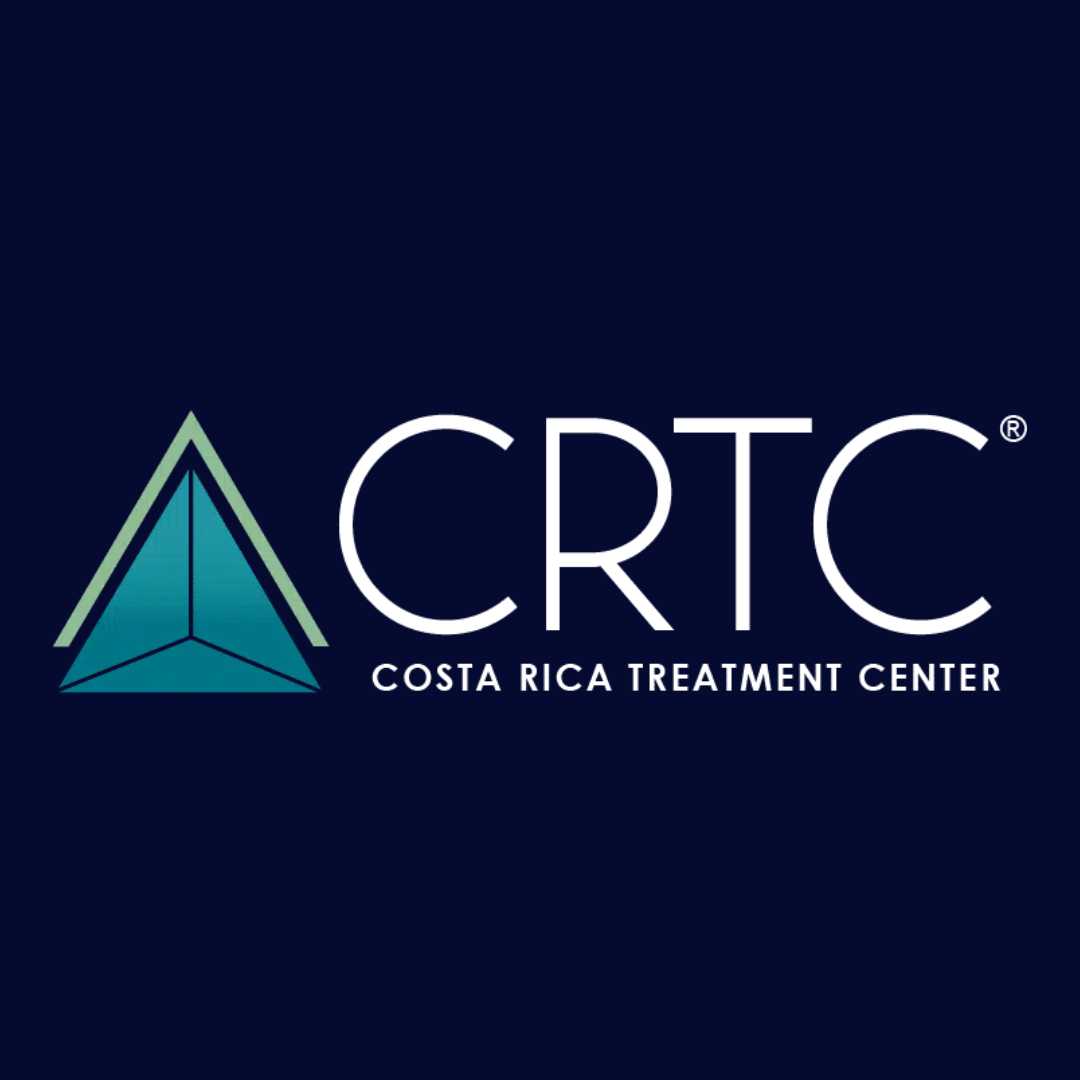
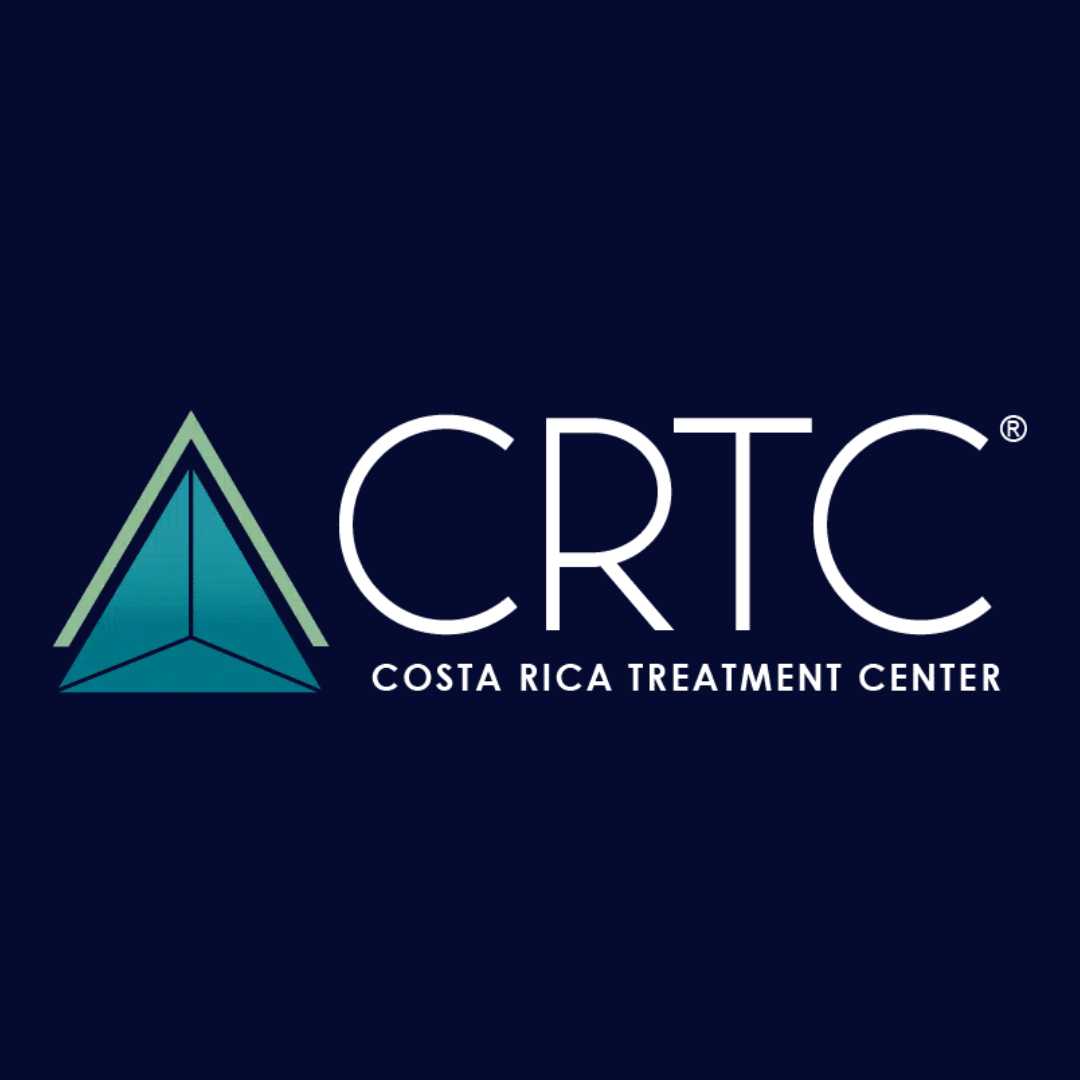
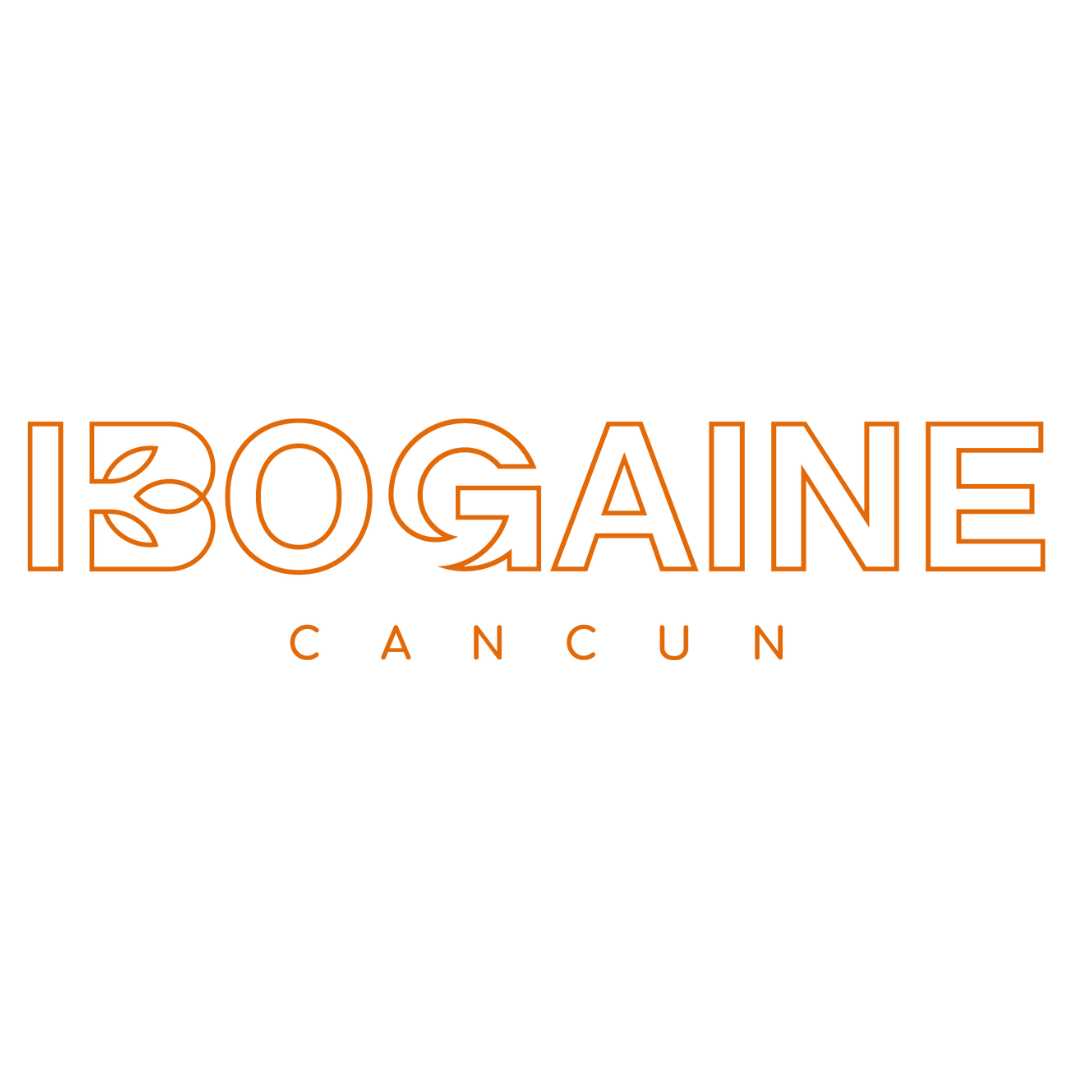
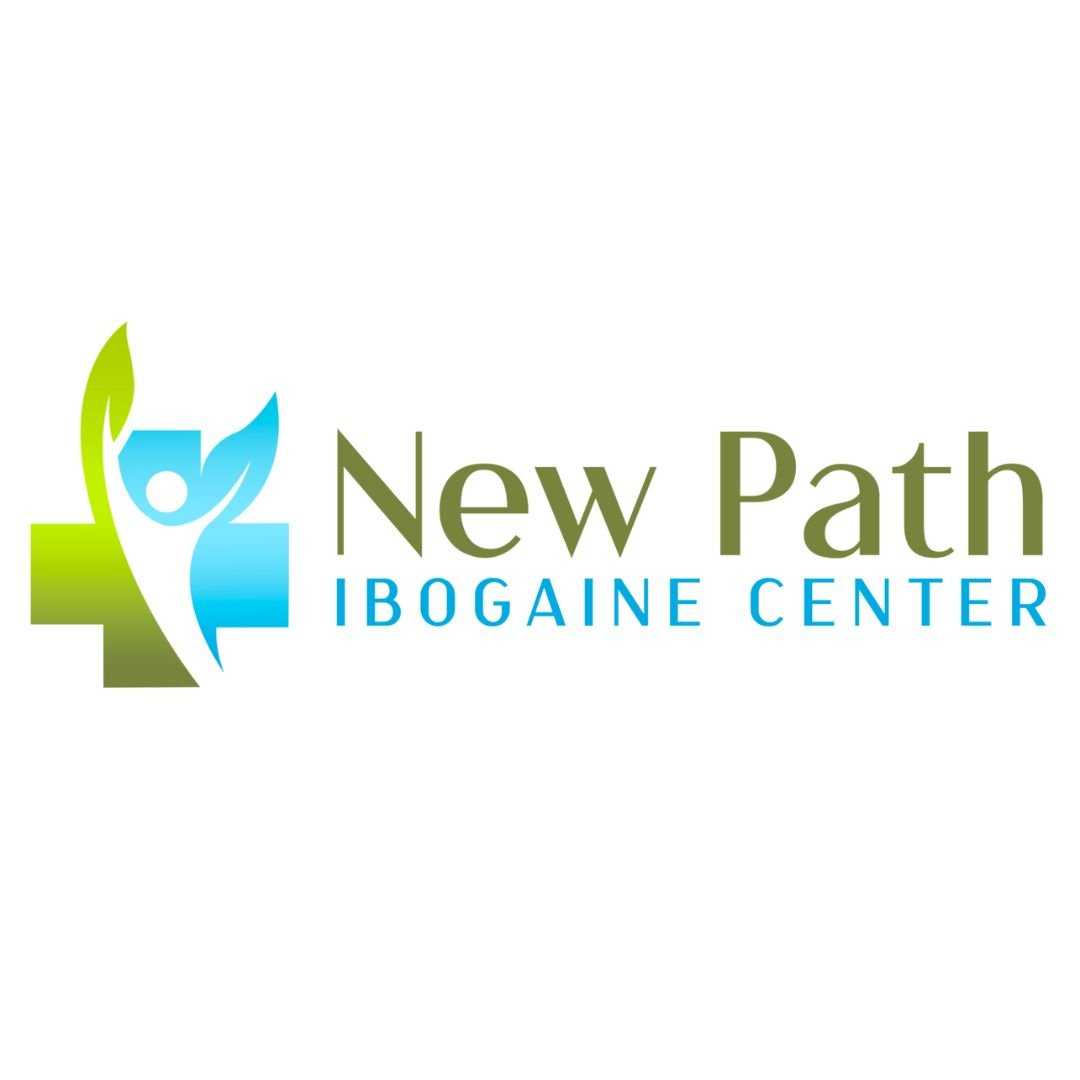

Share this listing